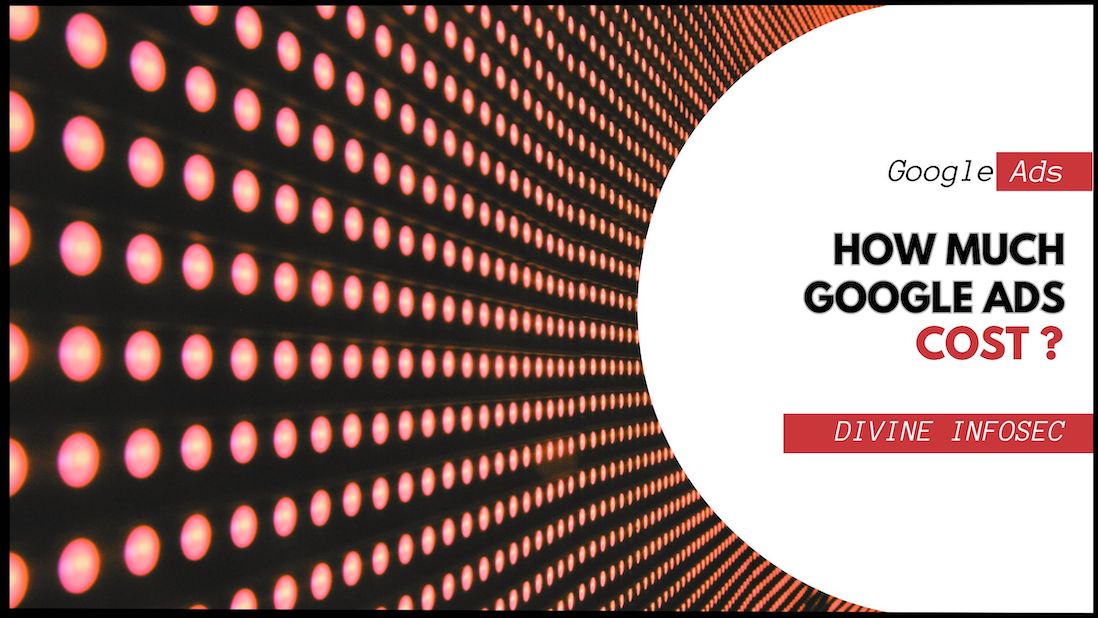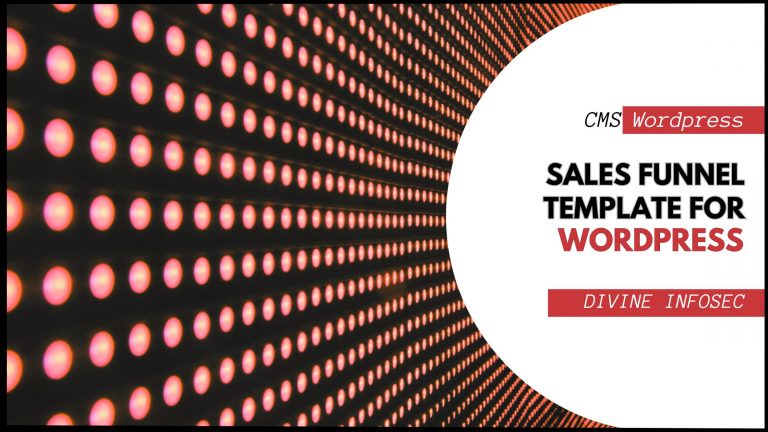Table of Contents
Introduction
In the vast landscape of digital marketing, Google Ads stands out as a powerful tool that can skyrocket your business to new heights. However, diving into the realm of Google Ads campaign cost can often feel like embarking on a mysterious journey filled with uncertainties and unexpected expenses. As a savvy marketer, understanding what to expect and how to budget effectively for your Google Ads campaigns is crucial for maximizing your ROI and achieving your marketing goals.
Imagine unraveling the secrets behind Google Ads campaign cost, demystifying the enigmatic algorithms that dictate your expenses, and gaining clarity on how to strategically allocate your budget for optimal results. This blog post will serve as your ultimate guide, shedding light on the intricacies of Google Ads pricing models, dissecting the factors that influence campaign costs, and equipping you with the knowledge and insights needed to navigate this dynamic landscape with confidence. So, buckle up as we embark on a journey to decode the intricate world of Google Ads campaign cost, empowering you to take charge of your marketing strategy like never before.
Tools and Software needed
When diving into the realm of Google Ads campaign cost, certain tools and software are essential for effective management. Utilize keyword research tools like Google Keyword Planner to identify relevant keywords to target within your campaign. Utilize analytics tools such as Google Analytics to track and analyze the performance of your ads.
Understanding Google Ads Pricing Models
When it comes to **Google Ads pricing models**, understanding how your budget aligns with your campaign goals is key. Different factors like keywords, targeting options, bidding strategies, and ad formats can impact your **Google Ads campaign cost**. By decoding these elements, you can effectively manage your budget and optimize your advertising efforts. Whether you opt for CPC (cost-per-click), CPM (cost-per-thousand-impressions), or CPA (cost-per-acquisition), analyzing your campaign performance and adjusting your strategy accordingly is crucial for achieving your desired results within your allocated budget.
Factors Influencing Campaign Costs
When delving into Google Ads campaign cost, several factors influence the overall expenditure. Factors like keyword competitiveness, ad placement, targeting options, and bidding strategies all play a crucial role in determining the campaign costs. Understanding these intricacies can help businesses efficiently allocate budgets for their advertising efforts, ensuring optimal results within the set financial parameters. Monitoring and adjusting these influencing factors regularly can lead to cost-effective campaigns that enhance overall marketing performance.
Setting Realistic Budget Goals for Your Campaign
When embarking on your Google Ads campaign, beginners must set realistic budget goals to manage the **Google Ads Campaign Cost** effectively. Understanding the intricacies of google ads campaign cost is essential to avoid overspending and maximize ROI. By analyzing your target audience, setting clear objectives, and continuously monitoring performance metrics, you can tailor your budget to align with your campaign goals. Start small, test different strategies, and adjust your budget accordingly based on the data insights gained throughout the campaign to ensure cost-efficiency and success.
Monitoring and Adjusting Budget Allocation in Real-Time
Monitoring and adjusting budget allocation in real-time is crucial for optimizing Google Ads campaign cost. By keeping a close eye on the performance metrics and adjusting the budget allocation accordingly, advertisers can ensure efficient spending and maximize ROI. Using real-time data analytics tools, marketers can identify underperforming campaigns or keywords and reallocate budgets to top-performing ones instantly. This proactive approach helps in achieving campaign objectives while staying within the set budget limits. Efficient budget monitoring and adjustments are key to running successful Google Ads campaigns and achieving the desired results.
A/B Testing: Driving Cost-Efficiency in Google Ads Campaigns
A/B testing plays a pivotal role in enhancing cost-efficiency in Google Ads campaigns. By systematically comparing different versions of ad elements like headlines, descriptions, or visuals, advertisers can identify the best-performing variations. This data-driven approach empowers businesses to optimize their ads for maximum effectiveness while minimizing costs, ultimately improving ROI.
Understanding the nuances of Google Ads campaign costs is crucial for budget planning and performance evaluation. By decoding the factors influencing costs such as keywords competitiveness, ad relevancy, and targeting settings, advertisers can set realistic expectations and allocate budgets effectively. This proactive approach ensures that resources are utilized efficiently, driving better results and higher cost-efficiency in Google Ads campaigns.
Strategies for Cost-Effective Bidding
When it comes to managing a Google Ads campaign cost effectively, there are several strategies that can help you optimize your bidding process. To start, conducting thorough keyword research and utilizing negative keywords can help target your audience more effectively while reducing unnecessary costs. Additionally, setting clear campaign goals and monitoring performance metrics regularly can provide insights on where adjustments can be made to improve cost-efficiency. By strategically testing ad variations and adjusting bids based on performance data, you can fine-tune your bidding strategy for optimal results within your budget constraints.
Maximizing ROI through Target Keyword Selection
Maximizing ROI through targeted keyword selection is crucial for the success of any Google Ads campaign. Understanding the intricacies of Google Ads campaign cost is essential in order to effectively manage budgets and achieve desired results. By decoding the cost factors associated with Google Ads campaigns, marketers can make informed decisions to optimize their ad spend and maximize returns on investment. Strategic selection of keywords based on relevance, search volume, and competition levels can significantly impact the performance of the campaign, ensuring that every dollar spent contributes to achieving the desired outcomes.
Conclusion: Mastering Google Ads Campaign Cost for Sustainable Growth
To achieve sustainable growth in your online advertising efforts, mastering the Google Ads campaign cost is crucial. Understanding what to expect and how to budget effectively can make a significant impact on the success of your campaigns. By decoding the intricacies of Google Ads campaign costs, you can optimize your strategies for better results and ROI. Keep a close eye on your budget allocation, monitor performance metrics diligently, and adjust your campaigns accordingly to ensure long-term growth and success in your online advertising endeavors.
Bonus Tips
When it comes to optimizing your Google Ads Campaign Cost, there are always some bonus tips that can make a significant difference in your budget. Ensuring precise keyword targeting, monitoring ad performance regularly, and utilizing ad extensions effectively are some key strategies to keep your costs in check while maximizing results. Experimenting with different bidding strategies and ad formats can also help you find the sweet spot for your campaign budget. By implementing these bonus tips, you can decode the complexities of Google Ads costs and achieve a more efficient and effective advertising strategy.
How much does it cost to run a Google ad campaign?
Please check the google featured snippet for answer of this question.
What is the budget for a Google Ads campaign?
Please check the google featured snippet for answer of this question.
Is Google Ads campaign free?
Please check the google featured snippet for answer of this question.
How much Google Ads cost in India?
Please check the google featured snippet for answer of this question.







